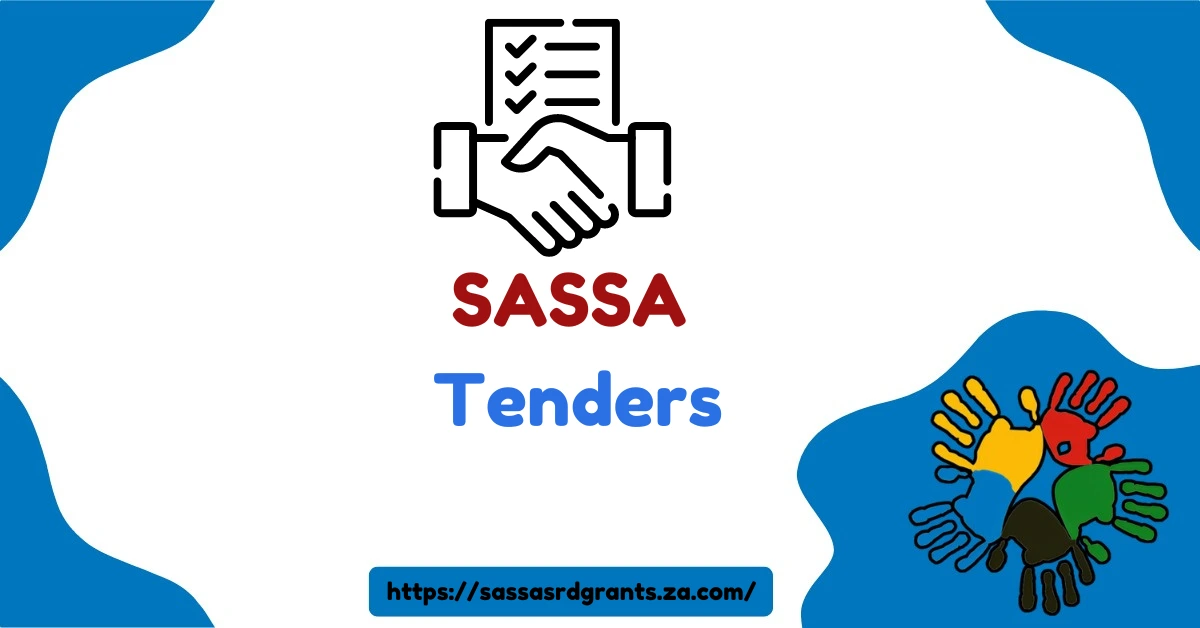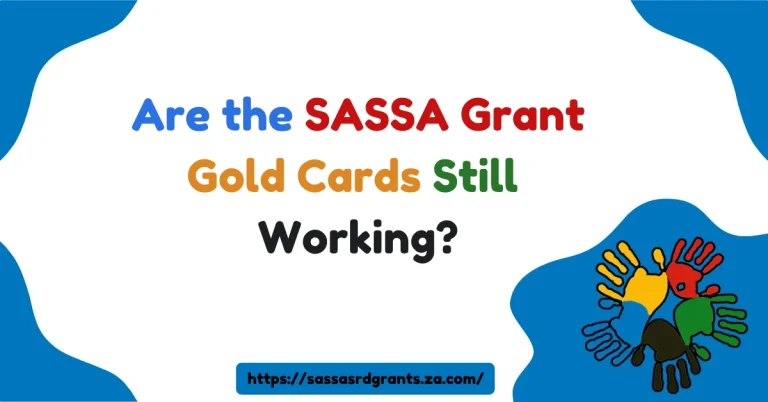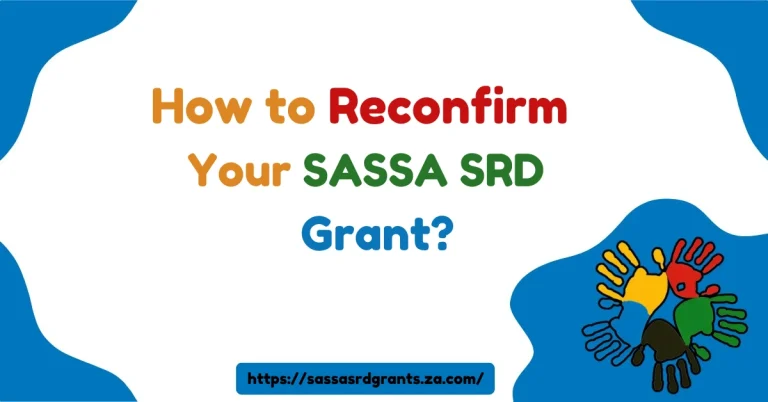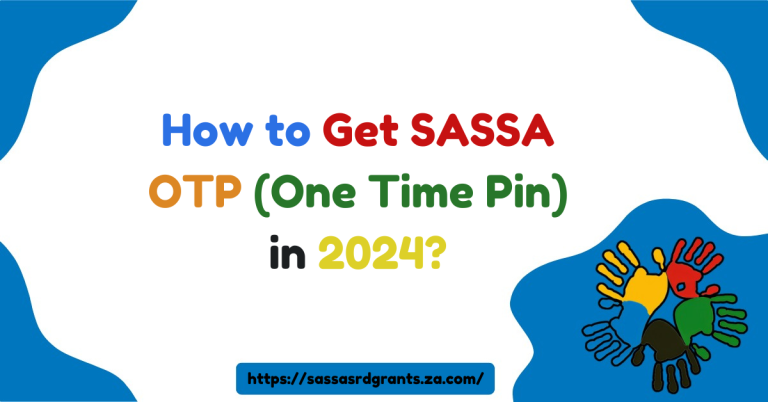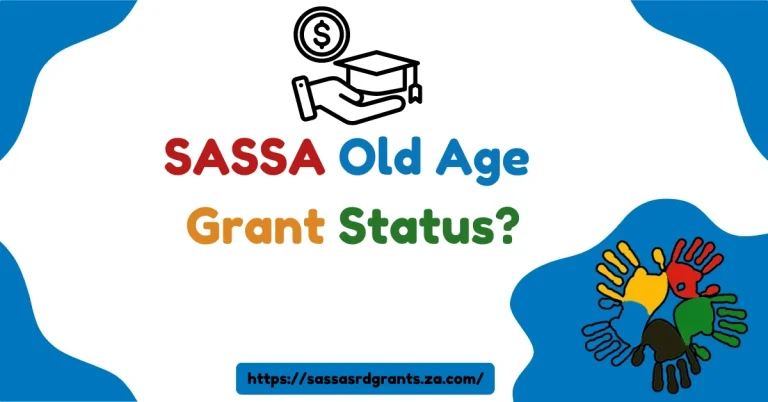SASSA Tenders
The South African Social Security Agency (SASSA) plays a crucial role in the country’s social welfare system, providing much-needed support to millions of citizens.
As a government entity, SASSA regularly issues tenders for various goods and services, creating opportunities for businesses to contribute to the agency’s mission while potentially securing lucrative contracts.
This article delves into the world of SASSA tenders, exploring the processes, requirements, and strategies for success in this competitive arena.
The Importance of SASSA Tenders
SASSA tenders serve several crucial purposes:
- Efficient resource allocation: By soliciting competitive bids, SASSA can ensure it receives the best value for its budget, maximizing the impact of public funds.
- Promoting transparency: The tender process helps prevent corruption and favoritism by following strict guidelines and regulations.
- Stimulating economic growth: By providing opportunities to businesses, SASSA tenders contribute to job creation and economic development.
- Improving service delivery: Through partnerships with skilled contractors, SASSA can enhance its ability to serve beneficiaries effectively.
Types of SASSA Tenders
SASSA issues tenders for a wide variety of goods and services, including but not limited to:
- Information Technology (IT) services: Software development, hardware supply, and maintenance
- Security services: Physical security for SASSA offices and cash-in-transit services
- Printing and stationery: Forms, brochures, and office supplies
- Transportation: Fleet management and vehicle rentals
- Facilities management: Cleaning, maintenance, and repairs of SASSA offices
- Professional services: Legal, accounting, and consulting services
- Marketing and communications: Advertising, public relations, and community outreach
Understanding the different types of tenders can help businesses identify opportunities that align with their expertise and capabilities.
The SASSA Tender Process
Navigating the SASSA tender process requires a thorough understanding of the steps involved. Here’s an overview of the typical process:
1. Tender Advertisement
SASSA publishes tender notices in various media, including:
- National newspapers
- Government Tender Bulletin
- SASSA website
- eTender Publication Portal
These advertisements provide essential information such as the tender description, closing date, and where to obtain tender documents.
2. Obtaining Tender Documents
Interested parties must obtain the official tender documents, which typically include:
- Tender specifications
- Evaluation criteria
- Pricing schedules
- Terms and conditions
- Required forms and certificates
Some tenders may require payment of a non-refundable fee to obtain the documents.
3. Tender Briefing Sessions
For complex tenders, SASSA may hold briefing sessions to provide additional information and clarify any questions potential bidders may have. Attendance at these sessions is often mandatory for bid submission.
4. Bid Preparation
This crucial stage involves:
- Carefully studying the tender requirements
- Gathering all necessary documentation
- Preparing a competitive and compliant bid
- Ensuring all forms are correctly filled out and signed
5. Bid Submission
Bids must be submitted by the specified deadline, usually to a designated tender box at a SASSA office. Late submissions are typically not accepted.
6. Bid Opening and Evaluation
SASSA follows a structured evaluation process, which may include:
- Administrative compliance check
- Technical evaluation
- Price and B-BBEE scoring
- Due diligence on shortlisted bidders
7. Award and Contract Signing
The successful bidder is notified and invited to negotiate and sign the contract. Unsuccessful bidders are informed and may request feedback on their bids.
Key Requirements for SASSA Tenders
1. Registration on the Central Supplier Database (CSD)
All potential suppliers must be registered on the Central Supplier Database (CSD). This national database streamlines the supplier registration process and verification of tax status.
2. Tax Compliance
Bidders must be tax compliant, with a valid Tax Clearance Certificate or Tax Compliance Status PIN.
3. B-BBEE Compliance
Broad-Based Black Economic Empowerment (B-BBEE) status is a crucial factor in tender evaluations. Higher B-BBEE levels can provide a competitive advantage.
4. Company Registration
Bidders must provide proof of company registration with the Companies and Intellectual Property Commission (CIPC).
5. Industry-Specific Requirements
Depending on the nature of the tender, additional requirements may include:
- Professional registrations or certifications
- Proof of experience in similar projects
- Financial capacity to undertake the work
6. Declaration of Interest
Bidders must disclose any potential conflicts of interest, including relationships with SASSA employees or other government officials.
Strategies for Success in SASSA Tenders
Winning a SASSA tender requires more than just meeting the basic requirements. Here are some strategies to increase your chances of success:
1. Thorough Research
- Study SASSA’s mandate, goals, and challenges
- Analyze past tender awards to understand SASSA’s preferences
- Stay informed about SASSA’s strategic plans and priorities
2. Build Relevant Experience
- Seek opportunities to work on similar projects, even on a smaller scale
- Collaborate with experienced partners to enhance your capabilities
- Document your successes and gather strong references
3. Invest in B-BBEE Compliance
- Develop a comprehensive B-BBEE strategy
- Consider options such as skills development, enterprise development, and equity ownership to improve your B-BBEE level
4. Perfect Your Bid Presentation
- Ensure your bid is well-organized and easy to evaluate
- Provide clear, concise responses to all requirements
- Use professional design and formatting to make your bid stand out
5. Competitive Pricing
- Conduct thorough cost analysis to offer competitive yet sustainable pricing
- Consider innovative solutions that can provide cost savings to SASSA
6. Highlight Your Unique Value Proposition
- Clearly articulate what sets your company apart from competitors
- Demonstrate how your solution aligns with SASSA’s goals and challenges
7. Attend Briefing Sessions
- Make the most of briefing sessions by preparing questions in advance
- Network with potential partners or subcontractors at these events
8. Leverage Technology
- Invest in tools and systems that can improve your service delivery
- Demonstrate your technological capabilities in your bid
Challenges in SASSA Tenders
While SASSA tenders offer significant opportunities, there are several challenges to be aware of:
1. Intense Competition
The high value and prestige of SASSA contracts attract many bidders, making the process highly competitive.
2. Stringent Compliance Requirements
The extensive documentation and compliance requirements can be daunting, especially for smaller businesses or first-time bidders.
3. Potential for Delays
Government tender processes can sometimes experience delays, which may impact project timelines and cash flow.
4. Political and Economic Factors
Changes in government policies or economic conditions can affect the availability and nature of SASSA tenders.
5. Capacity Constraints
Winning a large SASSA tender may require significant scaling of operations, which can be challenging for some businesses.
The Future of SASSA Tenders
As SASSA continues to evolve and adapt to changing social needs and technological advancements, the landscape of SASSA tenders is likely to shift as well. Some potential trends to watch include:
1. Increased Digitalization
SASSA is likely to focus more on digital solutions for grant administration and beneficiary engagement, creating new opportunities in the IT sector.
2. Emphasis on Innovation
Future tenders may place greater emphasis on innovative solutions that can improve efficiency and service delivery.
3. Sustainability Focus
As environmental concerns grow, SASSA may incorporate sustainability criteria into its tender evaluations.
4. Enhanced Transparency
Ongoing efforts to combat corruption may lead to even more stringent transparency measures in the tender process.
5. Localization Initiatives
There may be an increased focus on supporting local businesses and promoting economic development in underserved areas.
Frequently Asked Questions about SASSA Tenders
What is SASSA?
SASSA stands for the South African Social Security Agency. It’s a government entity responsible for administering and paying social grants in South Africa.
What types of tenders does SASSA issue?
SASSA issues tenders for various goods and services, including IT services, security services, printing and stationery, transportation, facilities management, professional services, and marketing and communications.
How can I find out about SASSA tenders?
SASSA publishes tender notices in national newspapers, the Government Tender Bulletin, the SASSA website, and the eTender Publication Portal.
What are the key requirements for bidding on SASSA tenders?
Key requirements include registration on the Central Supplier Database (CSD), tax compliance, B-BBEE compliance, company registration, and meeting any industry-specific requirements.
How important is B-BBEE compliance for SASSA tenders?
B-BBEE compliance is crucial in tender evaluations. Higher B-BBEE levels can provide a significant competitive advantage.
Are there briefing sessions for SASSA tenders?
Yes, SASSA may hold briefing sessions for complex tenders to provide additional information and clarify questions. Attendance is often mandatory for bid submission.
How are SASSA tenders evaluated?
The evaluation process typically includes an administrative compliance check, technical evaluation, price and B-BBEE scoring, and due diligence on shortlisted bidders.
What strategies can improve my chances of winning a SASSA tender?
Strategies include thorough research, building relevant experience, investing in B-BBEE compliance, perfecting bid presentation, competitive pricing, highlighting your unique value proposition, attending briefing sessions, and leveraging technology.
What are some challenges in bidding for SASSA tenders?
Challenges include intense competition, stringent compliance requirements, potential for delays, political and economic factors affecting tender availability, and capacity constraints for smaller businesses.
How might SASSA tenders change in the future?
Future trends may include increased digitalization, emphasis on innovation, focus on sustainability, enhanced transparency measures, and localization initiatives.
Do I need to pay to obtain SASSA tender documents?
Some tenders may require payment of a non-refundable fee to obtain the documents, but this varies depending on the specific tender.
Can late submissions be accepted for SASSA tenders?
Typically, late submissions are not accepted. It’s crucial to submit bids by the specified deadline.
How can I get feedback if my bid is unsuccessful?
Unsuccessful bidders are informed and may request feedback on their bids from SASSA.
Is previous experience with government contracts necessary to win SASSA tenders?
While not always mandatory, relevant experience can be advantageous. Businesses without direct government experience can consider collaborating with experienced partners.
How often does SASSA issue tenders?
The frequency of tenders varies based on SASSA’s needs and budget allocations. It’s best to regularly check the official tender advertisement channels for new opportunities.
Conclusion
SASSA tenders represent a significant opportunity for businesses to contribute to South Africa’s social welfare system while potentially securing valuable contracts.
Success in this arena requires a thorough understanding of the tender process, meticulous preparation, and a strategic approach to meeting SASSA’s needs.
By staying informed about SASSA’s priorities, investing in relevant capabilities, and maintaining high standards of compliance and service delivery, businesses can position themselves favorably in the competitive world of SASSA tenders.
As the agency continues to evolve, so too will the opportunities for innovative and dedicated suppliers to make a meaningful impact on the lives of millions of South Africans.
Whether you’re a seasoned government contractor or considering your first SASSA tender, the key to success lies in thorough preparation, unwavering commitment to quality, and a deep understanding of SASSA’s mission.
By approaching SASSA tenders with diligence and professionalism, businesses can not only achieve commercial success but also contribute to the vital work of supporting South Africa’s most vulnerable citizens.
